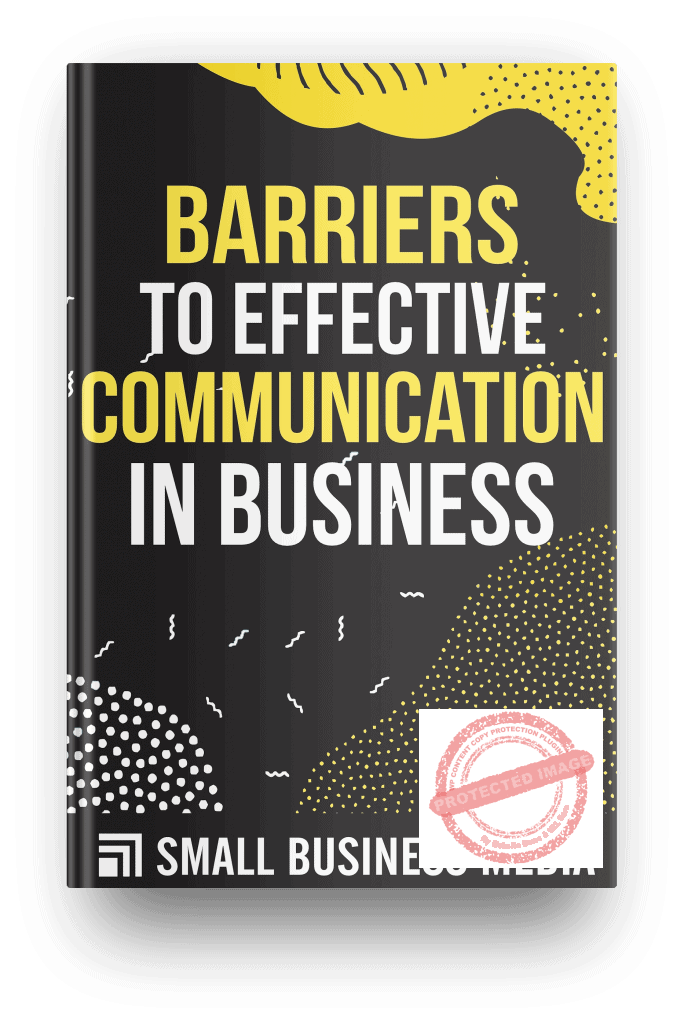Are you struggling with communicating effectively in your business? No business can achieve lasting success without mastering how to communicate effectively. Knowing how to overcome barriers to effective communication in business will accelerate your chances of business success.
Importance Of Communication In The Workplace

The communication process in the workplace is an ongoing thing.
Even when you, for example, are quiet, you are generally sending off messages through your body language.
Are you slumped in front of your computer?
This can convey a lack of enthusiasm or just being tired.
Whether you are working with other people as a team or you are working on your own, communication in the workplace is a must.
With proper communication strategies, you are able to perform duties to achieve your goals.
You are able to work with a team, divide the tasks, and update each other.
If you have a solo project, you use communication to pitch an idea to a client or to sell your products via ads.
Types Of Communication Barriers And How To Overcome Them

Unfortunately, there are possible barriers to effective communication in business that can prevent you from sending and receiving messages effectively.
These are mostly non-physical barriers and often need identifying before being discarded successfully.
Here is a list of communication barriers and how they can affect your business.
1. Language/Dialect

One of the most obvious barriers to effective communication in business is language.
If you cannot speak the language of the client, then chances are you may lose the project.
Hiring native speakers from the countries where you plan to get clients from may be the answer.
2. Logistics
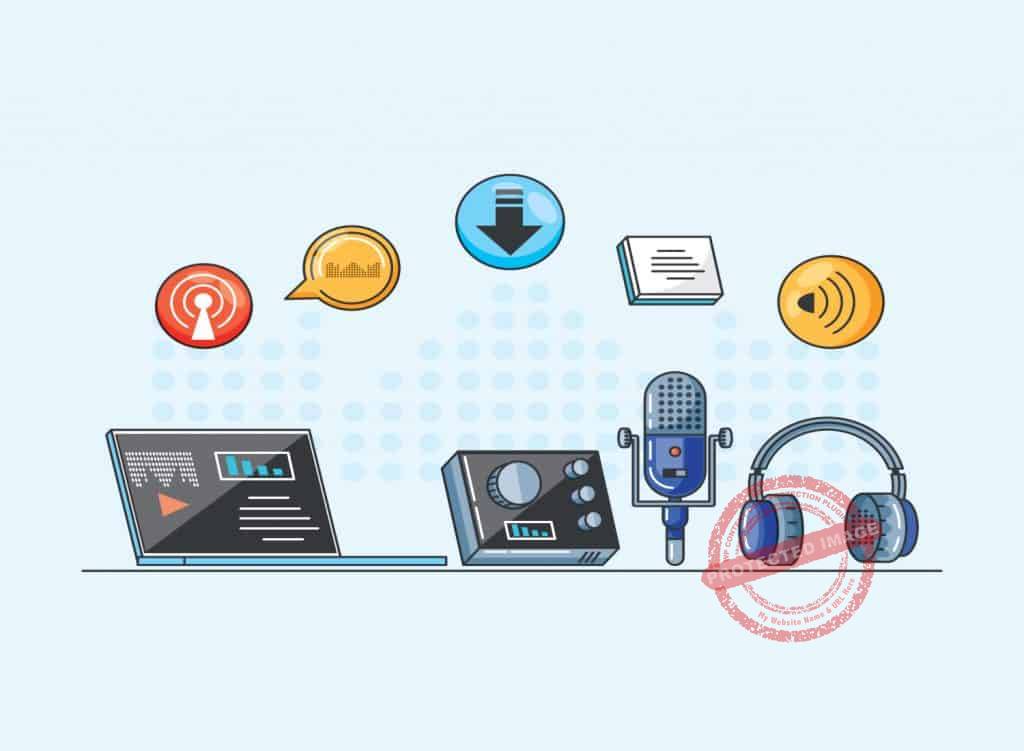
Logistics or physical problems can come in many forms.
If, for example, you are training a roomful of employees, make sure you have a microphone.
If there are some hard of hearing employees, their needs should be met, as well.
Subtitling presentations or providing sign language interpreters may assist them.
However, there are other possible logistical problems, such as a noisy environment, overcrowding, and other factors that contribute to the physical discomfort of those involved.
3. Assumptions And Prejudice
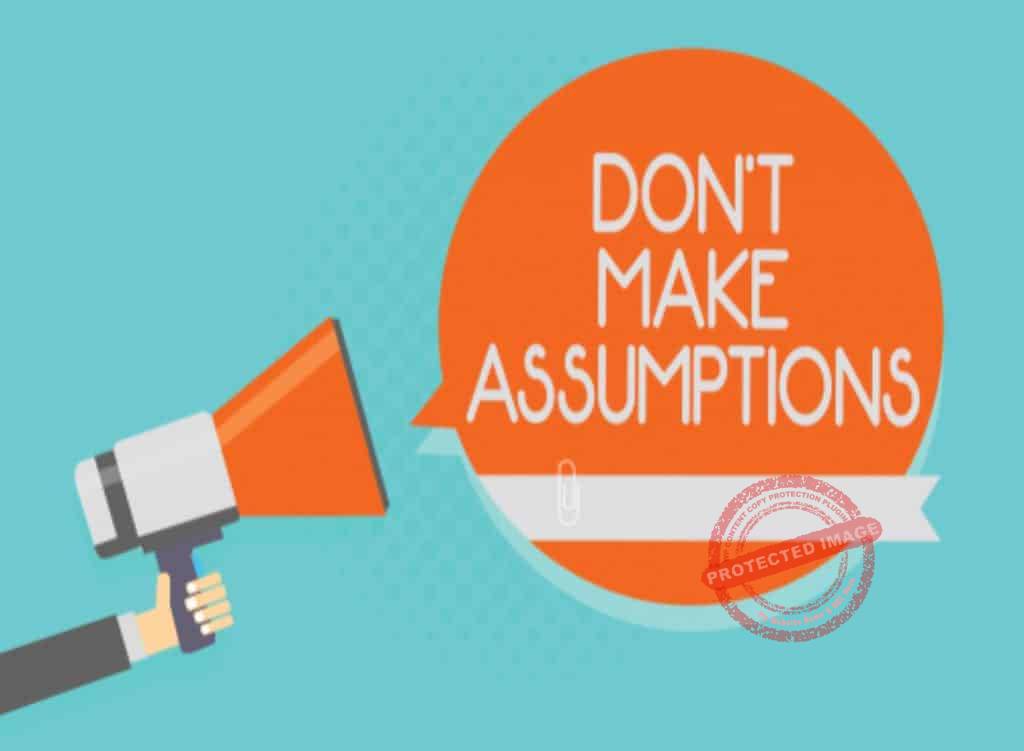
Physical discomforts as communication barriers can be easily remedied.
The communication process in the workplace can proceed as originally planned once the logistics have been resolved.
It is more difficult to get through the assumptions and prejudice that each side might have.
If a client comes to you, for example, make sure that you put away any assumptions or prejudices that you may have against him.
Listen to what he or she has to say.
You may be against what his company stands for, but maybe you can agree on something.
Clients can also have assumptions about you.
However, they have decided to go into business with you.
That is something to consider.
5. Lack Of Interest

One of the types of barriers that certainly block communication is a lack of interest.
For instance in school, students who are not interested do not learn.
In a business, if there is no interest, then there is no productivity.
You will not be able to persuade someone who has already decided that they are not interested.
You have to find different strategies that can work to convince them that they should do business with you.
6. Unpreparedness

Whether you have had a lot of experience in public speaking or not, it pays to be always prepared.
Likewise, even if you know how to communicate effectively but do not apply it in practice and preparation, you risk not communicating effectively.
When you have meetings or discussions with staff or clients, take some time out to prepare for the meeting.
List the areas you want to address and the key messages you want to communicate.
Give some thought on how you will communicate this.
Conduct some research on the prospective client.
Prepare a customized presentation for that person or company.
Listing some talking points will help you avoid any dead air.
7. Talking Too Much

While you certainly do not want to hear the sound of crickets during a business meeting, too much talking is also a problem.
When you talk too much, you are not allowing your listeners to respond.
They may have something to contribute to the conversation.
It won’t even be called a conversation if only one side is being heard.
You will also bore your listeners quickly this way.
You need to pause and give your listeners an opportunity to understand what you are saying, engage with it and provide feedback.
8. Emotional and Psychological Barriers To Effective Communication in Business

Fights and inner turmoil can certainly dent improvements you have made on communication in the workplace.
One of your colleagues or employees may be having a hard time because of a loss.
Two of your main people may be arguing so much that it has become personal.
Before you get right into business, you need to resolve these issues first.
An attempt to make things better may also be appreciated, even if not all the problems are solved.
At least, show your concern.
Getting right to business may be difficult for some people.
They are workers, but they are also fundamentally human.
9. Technological

As your business goes deeper into the 21st century, you will discover that much demand is placed on the use of technology.
Having no social media business account, no website and other means of being contacted via the Internet may prevent you from gaining more client accounts.
Phones must remain operational.
Prospective clients may be discouraged if they call your office and they cannot complete a call.
Your Internet Service Provider must be reliable as well.
This way clients will be able to reach you via email as well.
10. Cultural/Social/Religious Barriers to Effective Communication in Business

Barriers to effective communication in business may also be deep-seated.
These blocks are difficult to break down.
It takes a long time to build these walls up, after all.
Cultural and religious barriers can be tackled by acknowledging the differences.
Find out more about the other person’s culture or religion.
Make sure that you do not act in a way that is offensive to their beliefs.
Explain that while you have a different set of beliefs, you are willing to meet them halfway.
Hiring people with different cultural and religious backgrounds may cause tensions, but should not be avoided on purpose.
Instead, give them a fair chance to be hired and then address possible issues from the very beginning.
If it is your client that you have a difference in belief with, then you have to try to see to his needs.
Do not display any biases against other people’s beliefs.
11. Filtering And Withholding Information

Sometimes, people filter and even withdraw information.
Overcoming barriers to effective communication in business can be tough when you are not even aware that there is a barrier.
Make it a point to emphasize that openness is key to a good working relationship and an effective business.
Your colleagues should be working with you as part of a united team, not a team with members that keeps useful information from each other.
12. Mistrust

This particular communication barrier is related to the previous one.
Secrets and mistrust are destructive elements that should not be let into any business.
If there is no loyalty in a company or business, then you can never be too sure as to what will happen in the future.
Mistrust makes you second guess everything that colleagues and clients say and vice versa.
While you may not prevent all types of betrayal, a fair and well-organized business may help create a conducive workplace.
This will prevent your employees from jumping ship.
13. Inappropriate Use Of Jargon

Jargon certainly provides a certain air of knowledge.
When people hear jargon, they know where they are: a computer company, a marketing firm, etc.
However, too much jargon may also harm communication.
If you are using too much jargon, especially with clients or around new employees, then some of the content may be lost.
Speak in the language that the listener is comfortable with.
This way, you will have a back and forth flow of conversation.
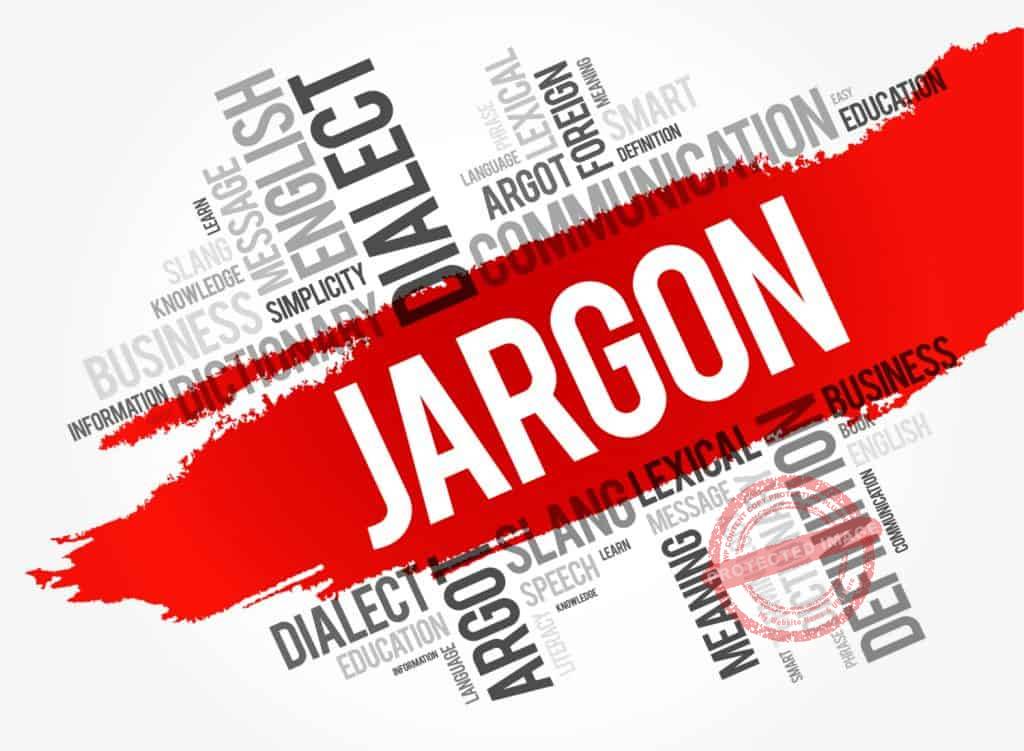
The above list of barriers to effective communication in business may not be complete.
You may continue finding possible blockages to effective communication.
However, the above listed are the most common and some new types may merely be variations.
Overcoming Barriers To Effective Communication in Business
The list given in the previous section already has tips on how to overcome barriers to effective communication in business.
This section, however, will tackle the more general strategies.
1. Value The Importance Of Communication In The Workplace.

If you do not value communication, then you will not make strides towards improving it.
Make this a priority.
2. Be Open Minded.
Not everyone thinks like you.
Couple this fact with an understanding that you cannot always be right.
Understand the other person by knowing where they are coming from and what they believe in.
3. Communicate Without Noise and WIth The Right Words
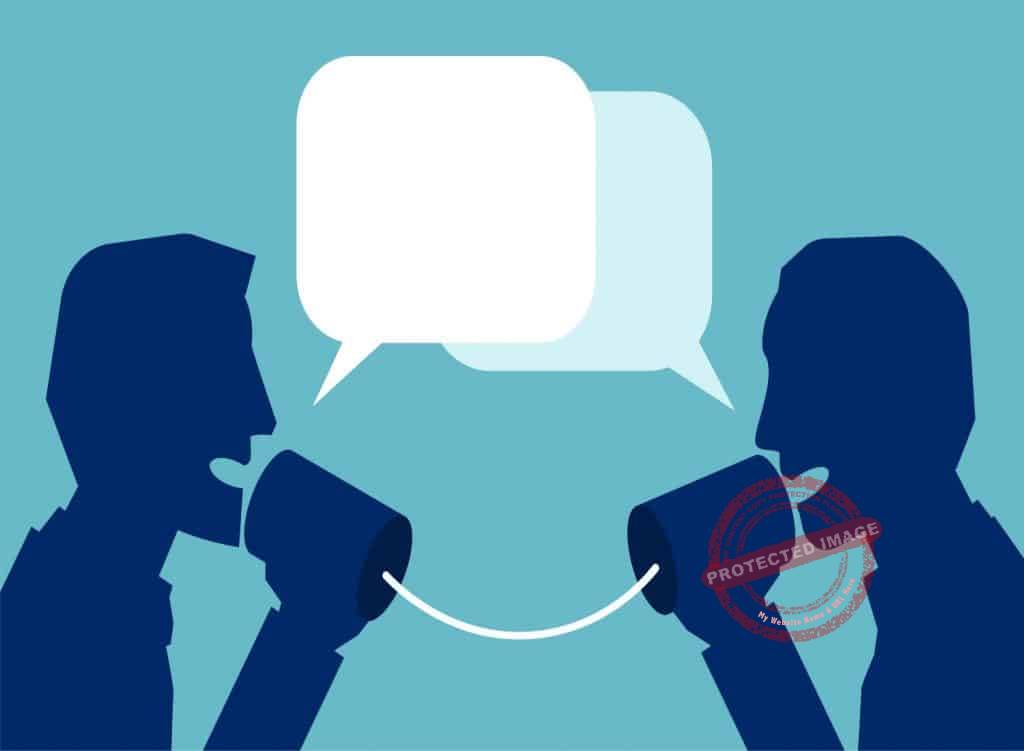
Too much noise in the workplace can be distracting.
It also sets up fertile grounds for gossip.
When there is too much noise, little work can be done.
When you communicate, use the right tone and volume.
Choose your words carefully.
Do not be verbose.
If little as possible is said, you can highlight the most important information you want to pass on.
Of course, this does not mean that people will not be talking to each other at the workplace.
It just means that important communication should be prioritized.
4. Use Simplified Language.

Fancy words will not impress if nobody understands what is being said.
The more important the message, then the clearer it should be said.
5. Seek The Help Of Interpreters If Needed.
For language barriers, make sure you have interpreters.
If you only know a little bit of the language, do not risk it by trying to work it out on your own.
There are some tricky figurative expressions that can possibly cause irreparable damage if misunderstood.
6. Use Of Repetition Appropriately
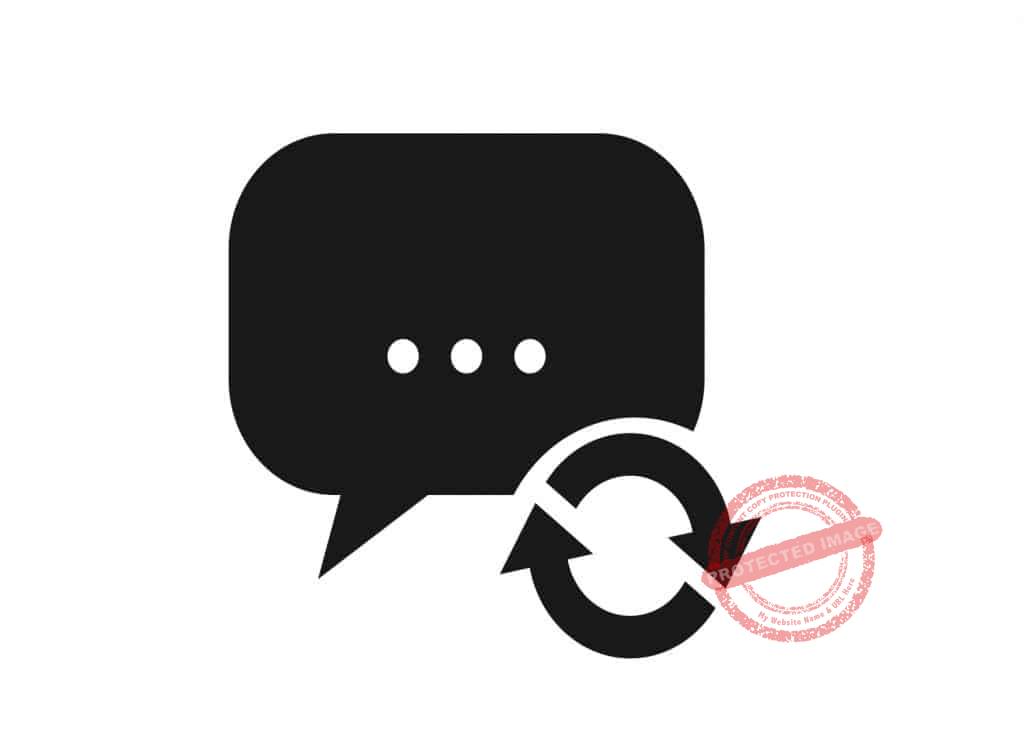
Repeat the important concepts that you are trying to convey.
There is an emphasis on “proper use” here because you must do so in a fluid manner.
This flow will show that you are getting an important point across, but not in a disrespectful way.
You don’t want your client to think that you are doing it because you believe he cannot understand you.
7. Ensure That Your Employees Go Through Training.
If you want your employees to communicate well, then make sure that it is part of their training.
You are responsible for this, whether or not it is in-house or via a training center.
The training should cover communication, customer service, and the like.
8. Be Attentive.

You should set a good example.
By listening attentively, you show value to any kind of information that is being passed from one person to another.
You may be the head of the business, but you can also learn a lot from your colleagues and employees.
Listening to clients is a given, of course.
You have to show interest in what they require from you.
That is professionalism.
9. Do Not Reveal Too Much Information At Any Given Time.
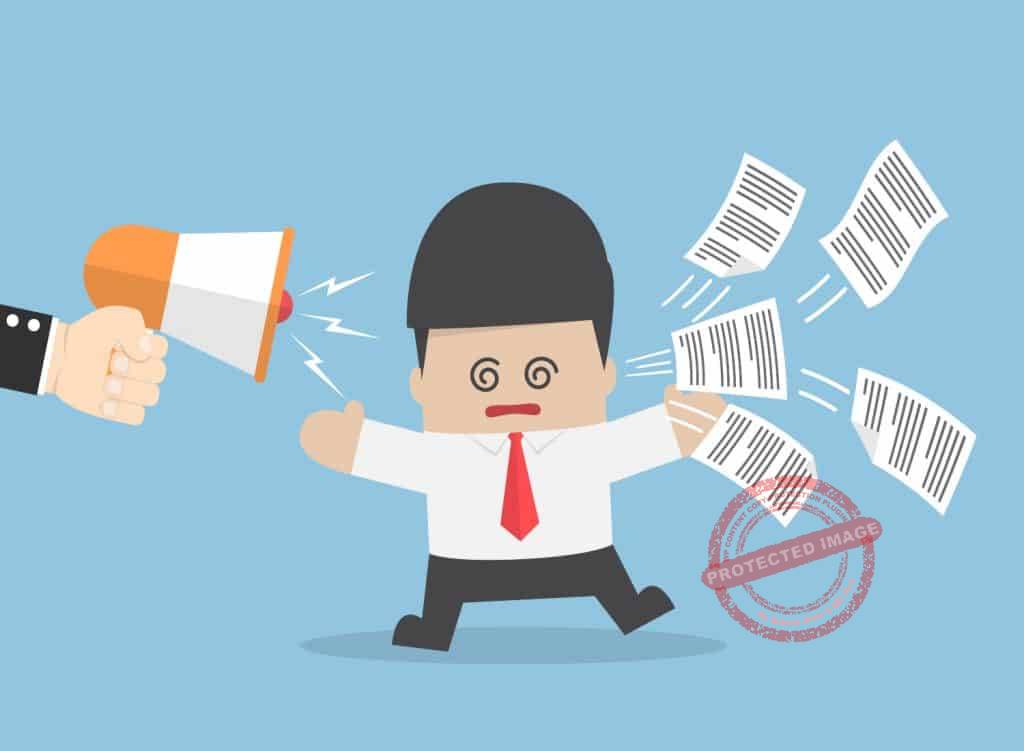
When you are given a sheaf of documents, do you go through them at one time?
Chances are you will have to ease your way towards the bottom of the pile.
If you talk too much at any given time, not all of the concepts will be absorbed.
Try to focus on the essentials first.
Tackle the details during subsequent meetings or provide a brochure of explanations.
Let the client go through the information at their own time.
If they ask questions, then, of course, you should be prepared with the answers.
10. Use The Appropriate Media Of Communication.

Sometimes, it is just a matter of using the appropriate medium.
Not everything has to be covered in a meeting.
Overly long meetings bore employees.
Instead of being psyched, they will eventually dread them.
Memos should, for example, be sent out via email.
Urgent messages could be sent by text or messenger.
Phone calls can be reserved for following up on clients or even employees who have not been reporting.
Be Constructive With Your Feedback.
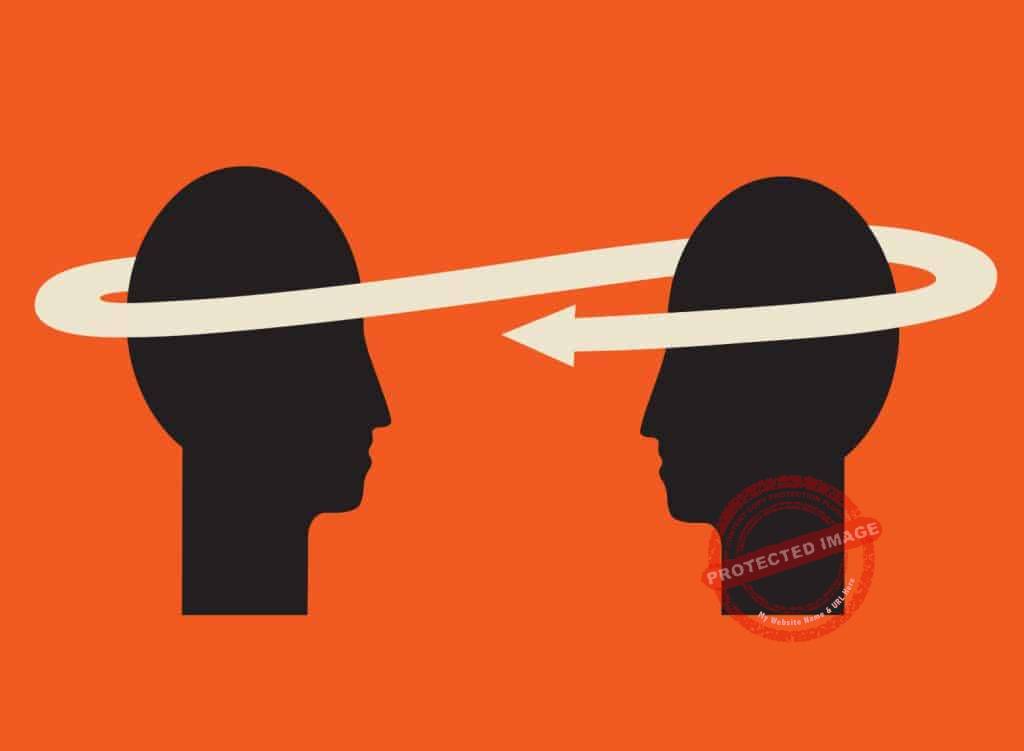
If you are known for negative feedback, your employees may start turning a deaf ear on you.
They may pretend they are listening, but they may have sounded off.
Continuous negative feedback can result in a possible communication barrier or resentment.
Sometimes, it is tough to break the walls of an emotional barrier.
If, on the other hand, you give out constructive criticism, you may not only succeed in communication, but you will also end up teaching your employees how to do better.
How To Communicate Effectively

Improving workplace communication is a joint effort.
You have to make sure that the rest of your team are on board.
Here are other ways in which you and your colleagues and employees can do better.
- Speak clearly.
- Ask questions if something is not clear.
- Clear misunderstandings right away.
- Create an atmosphere of sharing.
- Use visual aids if you have to.
- Know when it is best to meet one on one or with a group.
- Use your body language to emphasize and not to contradict what you are saying.
- Be respectful.
- Be consistent.
- Take turns speaking if it is a face to face meeting.
Finally,

Different companies may have different ways of handling meetings and relationships.
Some have a more formal vibe and some may have a casual one.
You do not have to sacrifice that part of your office culture.
You just need to know what is best for you and your team.
Make sure that each employee has been briefed as to what to expect from your company.
Knowing how to act in a particular workplace will lessen future conflicts.
It will also inform the employee as to whether it is the type of environment that he can thrive in.
If like minded people come together, communication can be easier.
This does not mean that you will have no conflicts and no differences in opinions.

It just means that everyone is ready to listen to everyone else.
By giving other people a chance to express themselves, you are telling them that they are a significant part of the company.
When somebody feels important, they perform better.
So, being able to get rid of the barriers of communication in a workplace is not just a tactical move.
It is also a means that you have a more peaceful and more productive working environment.
If people love working for you, then you can all avoid the possible stressful culture of mistrust and secrets.
You get to keep your good employees and you get to attract more clients.
Click on Buy Now For a PDF Version of This Blog Post
 |
